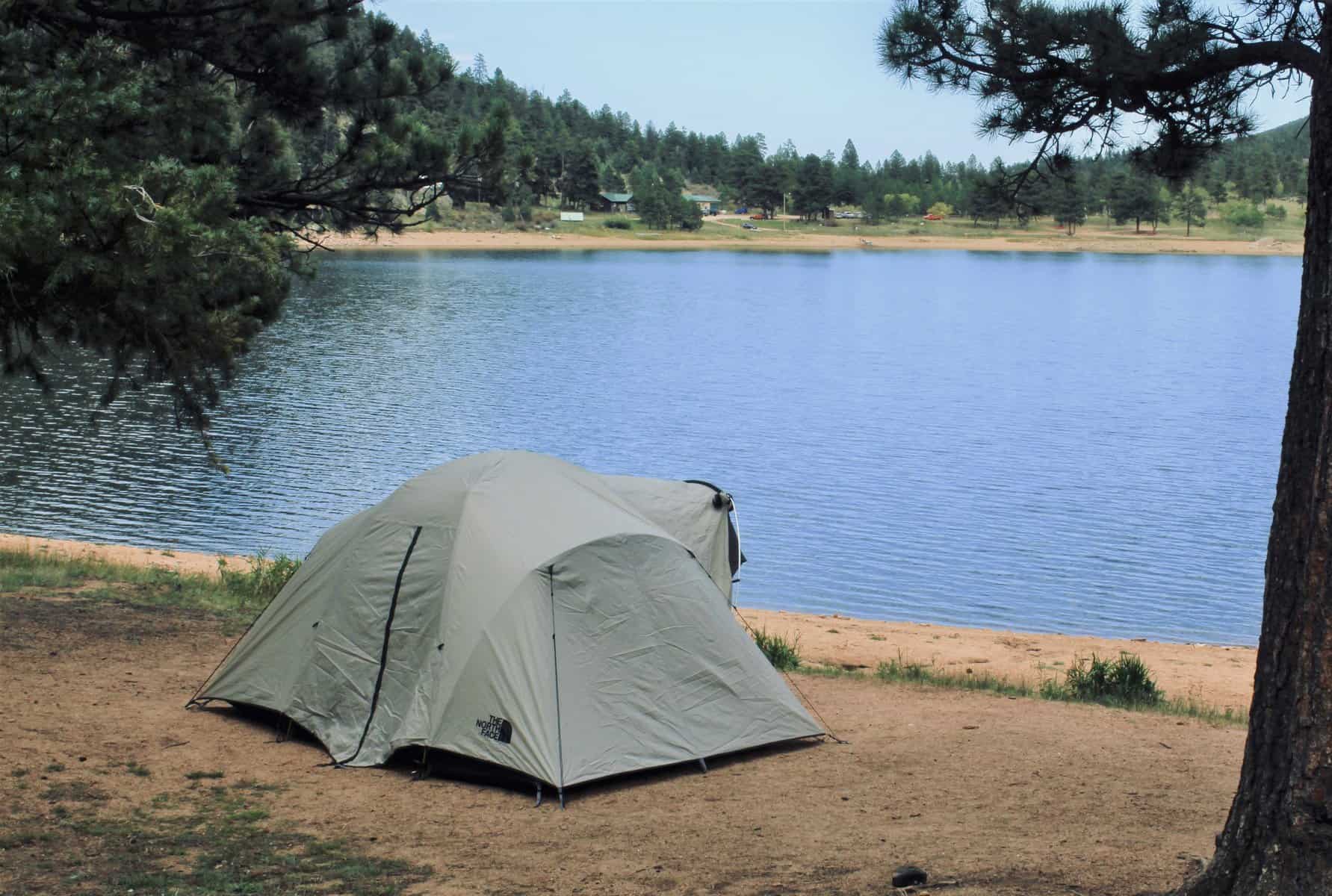Top Family-Friendly Camping Spots in Wellington
Hello, adventurous families! Are you considering a camping trip in the scenic realms of Wellington? Well, you’re in the right place! This guide will take you through some of the most inviting and family-friendly camping spots in the area. Whether you’re looking for beachside serenity, lush forest retreats, or the charm of the countryside, Wellington’s regions have it all. So pack your tents, gather your loved ones, and prepare for an outdoor escapade that’ll enrich your family album with picturesque memories!
Kaitoke Regional Park
First on our list is the magnificent Kaitoke Regional Park. Nestled just 45 minutes north of Wellington City, this park is a sublime natural sanctuary that served as a filming location for the Rivendell scenes in “The Lord of the Rings.” With its crystal-clear rivers, lush native forest, and the chance to wander through the Elvish archways, camping here is nothing short of magical.
Facilities offered at the park include toilets, picnic tables, and barbeque areas, not to mention a variety of walking tracks suitable for all ages. The campgrounds are spacious, so there’s plenty of room for little ones to run around and play.
Catchpool Valley
If you love the idea of waking up amidst native birdsong, Catchpool Valley should be on your list. Part of Remutaka Forest Park, it’s one of the most popular camping areas close to Wellington. Just a 30-minute drive from the city, the valley offers easy to moderate walks that take you through historic sites and regenerating forest.
The valley has well-maintained facilities such as toilets, drinking water, and campsites suitable for tents and campervans. There’s also a large grassy area perfect for family games and picnics.
Battle Hill Farm Forest Park
Combining historical significance with outdoor fun, Battle Hill Farm Forest Park is a camping spot that offers a bit of everything. Only a 40-minute drive from Wellington’s CBD, this park offers walking and mountain biking trails, as well as a chance to learn about the New Zealand Wars with its on-site historical markers.
The park provides basic facilities such as toilets and water, and the open fields are excellent for a family round of cricket or football. Plus, with farm animals grazing nearby, it’s a delightful encounter with rural New Zealand life for the kids.
Otaki Fork
Heading further north, about an hour’s drive from Wellington, Otaki Fork is a gem for water enthusiasts. The Otaki River is perfect for swimming, kayaking, and trout fishing. Surrounded by native bush, families can enjoy riverside campsites that provide an immersive experience into nature.
There’s no shortage of activities, with several walking trails leading to breathtaking views. Facilities are on the basic side, with toilets and picnic areas, but that’s all part of the adventure!
Wellington is not just a bustling capital city but is also a gateway to outdoor adventures that await you and your family. From sprawling green parks and historic sites to bubbling rivers and seaside escapes, the region is teeming with kid-friendly camping experiences. Each camping spot offers its unique charm and possibilities for making lasting family memories.
Stay tuned as we explore more fabulous camping locations in our next segment, along with details on amenities and tips on making the most of your Wellington camping trip. Pack your adventure spirit and be ready to pitch your tent under the spectacular New Zealand sky!

5 Essential Tips for Family Camping in Wellington
Preparing for a camping trip with your family can be as thrilling as it is daunting. Worry not, we have five essential tips to ensure your outdoor adventure near Wellington goes off without a hitch:
1. Prepare for All Weather Conditions
Wellington’s weather can be quite unpredictable. Make sure to pack a range of gear to cover all bases – waterproofs for rain, sunhats and sunscreen for those sunny days, and warm layers for the cold nights. A comfortable camping experience is all about being prepared for any kind of weather!
2. Safety First
Always familiarize yourself with the safety information of the camping spot you’re visiting. Know the location of the nearest help facilities and keep a first-aid kit on hand. Ensure your kids know what to do in case they get lost and have a plan in place for such scenarios.
3. Keep An Eye on The Environment
Camping is about enjoying the great outdoors and teaching your kids the importance of preserving nature. Explain to them the ‘Leave No Trace’ principles, pack eco-friendly products, and ensure that you take all your waste with you or dispose of it in the designated areas.
4. Engage in Fun and Educational Activities
Prepare a list of activities that you can enjoy as a family, which could include hiking, bird watching, or stargazing. Wellington offers various trails and educational opportunities that can turn a camping trip into an enjoyable learning experience for your children.
5. Plan Your Meals
Menu planning is crucial for a hassle-free camping trip. Pre-prepare as many meals as you can to minimize cooking time. Bring along easy snacks, and consider any diet restrictions or allergies. Don’t forget to involve your kids in the cooking – it’s a great way to create wonderful memories!
Now that you are armed with these tips, it’s time to choose your ideal camping spot from the lush Kaitoke Regional Park to the historic Battle Hill Farm Forest Park or the serene Otaki Fork and begin preparing for your family’s outdoor adventure. Remember the goal is to have fun, relax, and create lifelong memories with your loved ones, surrounded by Wellington’s natural beauty.
See more great Things to Do with Kids in New Zealand here. For more information see here
Disclaimer
The articles available via our website provide general information only and we strongly urge readers to exercise caution and conduct their own thorough research and fact-checking. The information presented should not be taken as absolute truth, and, to the maximum extent permitted by law, we will not be held liable for any inaccuracies or errors in the content. It is essential for individuals to independently verify and validate the information before making any decisions or taking any actions based on the articles.




